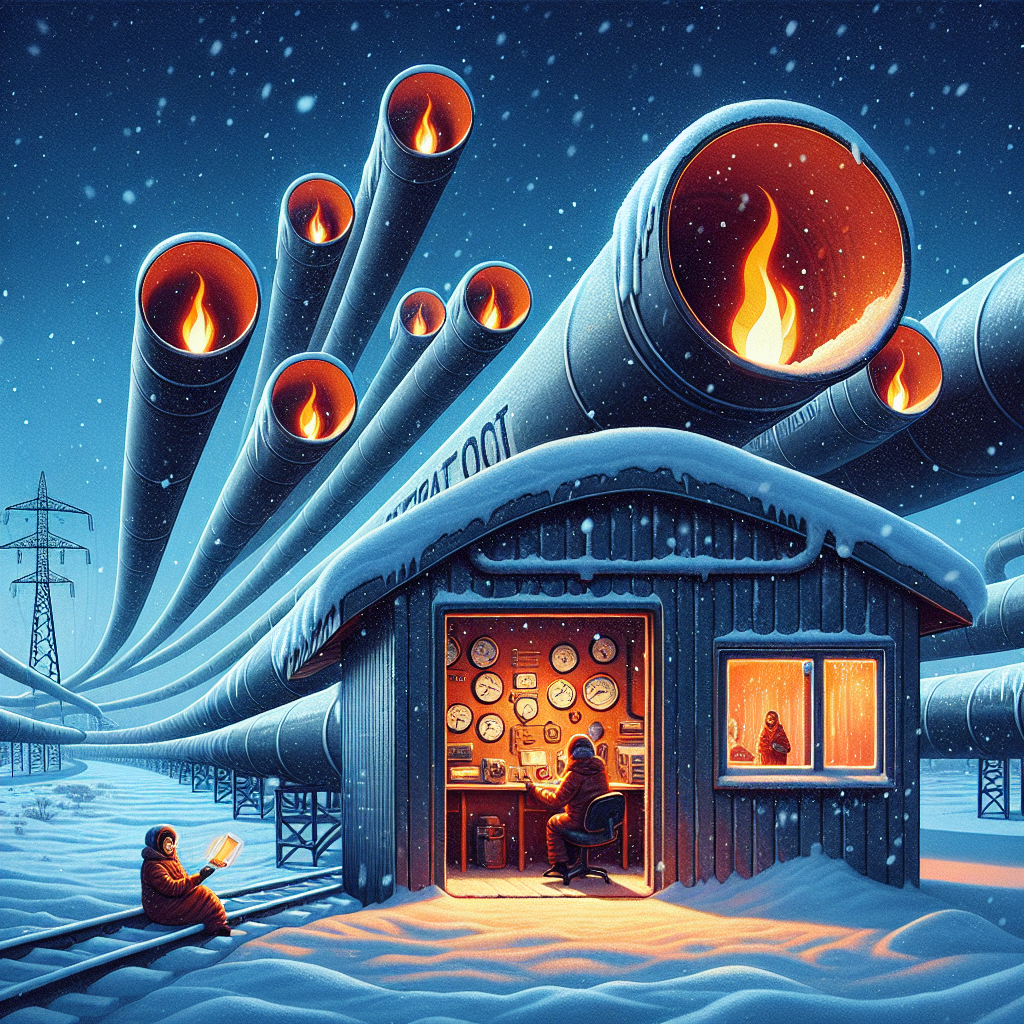Impending Halt of Russian Gas Transit Through Ukraine: A Looming Energy Crisis
The cessation of Russian gas transit via Ukraine by 2025 due to political tensions poses potential energy challenges for Europe. The current deal is set to expire, and the EU seeks alternatives to reduce its reliance on Russian gas, affecting several European countries with closer ties to Moscow.

The European energy landscape faces imminent disruption as Russian gas transit through Ukraine may cease by 2025, following the expiration of the current deal. Gazprom, Russia's gas giant, apprised Austria's OMV of halting deliveries in November due to an arbitration case decision.
Such a halt threatens to shake European energy dynamics, as Ukraine's refusal to negotiate with Moscow casts a shadow over the future of these supplies. The pipeline route, once accounting for significant volumes, is reduced as EU looks towards alternatives due to geopolitical strains post-Ukraine invasion.
While Slovakia, Hungary, and Austria remain dependent on Russian gas, the European Union grapples with establishing a unified stance amid varying national dependencies. The situation underscores ongoing geopolitical friction, emphasizing Europe's need to diversify energy sources.
(With inputs from agencies.)










